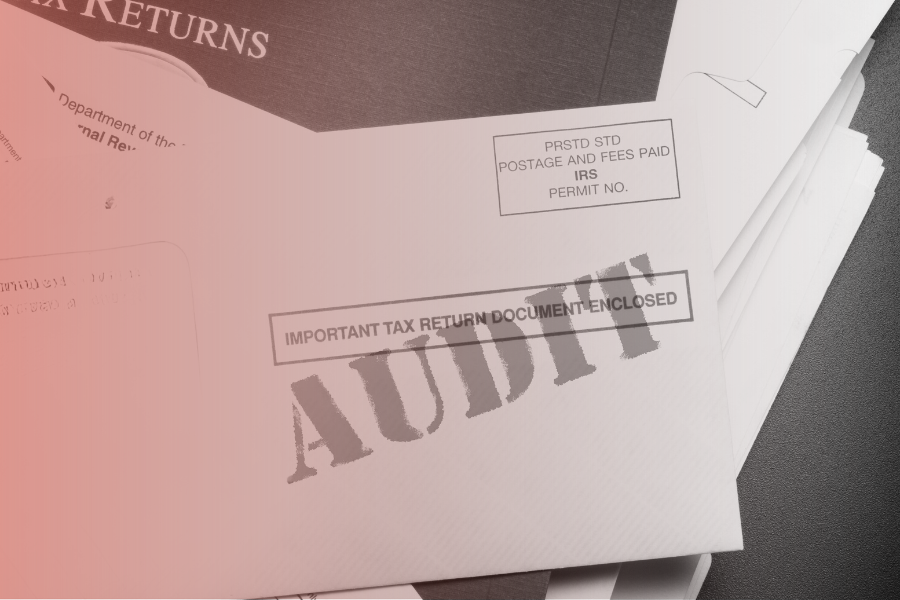IRS Form 3520 inheritance: when to file
Recognizing the Significance of Coverage Foreign Inheritance to IRS for Tax Conformity
Navigating the intricacies of foreign inheritance calls for a clear understanding of IRS reporting responsibilities. Several individuals underestimate the relevance of accurately reporting these properties, which can lead to unexpected consequences. Falling short to follow IRS guidelines may lead to legal issues and hefty fines. It is vital to understand the subtleties bordering foreign inheritances to prevent challenges. The complying with sections will clear up critical facets of conformity and the potential threats included.

What Constitutes Foreign Inheritance?
When a specific gets possessions from a departed individual's estate situated beyond the USA, this transfer is considered a foreign inheritance. Foreign inheritances can include different types of possessions such as actual estate, savings account, financial investments, individual belongings, and company interests. The value and nature of these possessions may differ substantially relying on the regulations and customs of the country in which the estate is located.
Additionally, the procedure of getting these possessions can include navigating with foreign legal systems, which might enforce certain needs or taxes connected to inheritance. The recipient may also encounter obstacles in establishing the reasonable market price of the inherited assets, specifically if they are not aware of the regional property or financial markets. Recognizing what makes up a foreign inheritance is important for individuals to assure conformity with both local regulations and any kind of prospective obligations they may have in their home country.
IRS Coverage Demands for Foreign Inheritance
How does one guide through the IRS coverage demands for foreign inheritance? Individuals that get an inheritance from abroad should know certain reporting obligations to assure compliance with IRS regulations. The Foreign Bank and Financial Accounts Record (FBAR) is one necessary demand; if the complete value of international accounts surpasses $10,000 at any time throughout the year, it needs to be reported. Furthermore, Kind 3520 may be needed for reporting foreign presents or inheritances over $100,000 from non-U.S. persons. This type captures details concerning the inheritance, including the resource and quantity. Failing to stick to these reporting needs can cause considerable fines. It is important for receivers to keep complete records of the inheritance, consisting of any kind of documents from international entities. Consulting with a tax expert knowledgeable regarding global tax legislations can supply further support in guiding through these reporting responsibilities properly.
Tax Implications of Getting an Inheritance From Abroad
Receiving an inheritance from abroad can bring substantial tax obligation implications for individuals, especially as they browse the intricacies of international tax obligation laws. The IRS needs U.S. residents and citizens to report foreign inheritances, which may activate various tax responsibilities - penalties for not filing Form 3520. Inheritances themselves are generally not considered taxed income, reporting is vital to avoid fines.
In addition, the estate might undergo inheritance tax in the international nation, which might affect the net value received by the heir. If the inheritance includes additional info international properties, such as actual estate or financial investments, they may come with unique tax considerations, including possible resources gains taxes upon sale.
Additionally, individuals might require to comply with international tax obligation policies, which can vary significantly from U.S. legislations. Recognizing these ramifications is crucial for correct tax obligation compliance and to guarantee that all commitments are satisfied without incurring legal concerns or unnecessary costs.
Usual Mistakes to Stay Clear Of When Reporting Inheritance

Steps to Make Sure Compliance With IRS Laws
Recognizing the actions required to guarantee compliance with IRS policies is crucial for any individual reporting an international inheritance. Individuals ought to confirm whether the inheritance exceeds the reporting limit, which can trigger additional needs. Next off, it is essential to collect all pertinent paperwork, including the will, count on files, and records of the international estate's value.
Sending Type 3520, which particularly deals with international gifts and inheritances, is necessary to notify the IRS of the inheritance. People need to likewise make certain that any kind of applicable tax obligations associated with the inheritance are paid, consisting of potential estate taxes in the foreign territory.
In addition, keeping accurate documents of all communications and deals concerning the inheritance can offer necessary assistance in situation of an internal revenue service query. Seeking specialist guidance from a tax obligation consultant acquainted with global tax laws can additionally enhance conformity and mitigate risks linked with reporting foreign inheritances.
Regularly Asked Concerns

What Happens if I Fail to Report My Foreign Inheritance?
Failing to report a foreign inheritance can result in significant fines, rate of interest on overdue taxes, and potential lawful repercussions. The IRS may seek enforcement activities, complicating future economic negotiations and compliance responsibilities for the private involved.
Can I Subtract Costs Related to Finding Foreign Inheritance?
No, expenses associated with getting a foreign inheritance are normally not insurance deductible for tax objectives. Inheritance itself is normally ruled out taxable revenue, and associated prices can not be claimed to minimize tax obligation.
Exist Penalties for Late Coverage of Foreign Inheritance?
Yes, there are fines for late reporting of international inheritance to the IRS - penalties for not filing Form 3520. These can include penalties and passion on unsettled taxes, making timely disclosure essential for compliance and staying clear of additional financial burdens
How Does Foreign Inheritance Influence My State Taxes?
Foreign inheritance might influence state taxes in different ways depending on territory. Some states enforce inheritance or inheritance tax, while others do not. It is necessary to get in touch with local guidelines to establish specific tax ramifications associated with international inheritance.

Are Presents From Abroad Considered Foreign Inheritance for IRS Purposes?
Presents from abroad are not classified as foreign inheritance for IRS functions. Form 3520 foreign gift. Instead, they are dealt with independently under present tax obligation laws, with various reporting requirements and thresholds that people should comply with for compliance
Furthermore, the procedure of obtaining these possessions can entail maneuvering through international lawful systems, which could impose certain demands or tax obligations connected to inheritance. The IRS needs United state people and residents to report international inheritances, which may cause various tax responsibilities. Submitting Type 3520, which particularly resolves international presents and inheritances, is important useful content to educate the Internal revenue service of the inheritance. Failing to report a foreign inheritance can lead to considerable charges, rate of interest on unsettled taxes, and prospective legal repercussions. No, costs connected to receiving a foreign inheritance are typically not deductible for tax purposes.